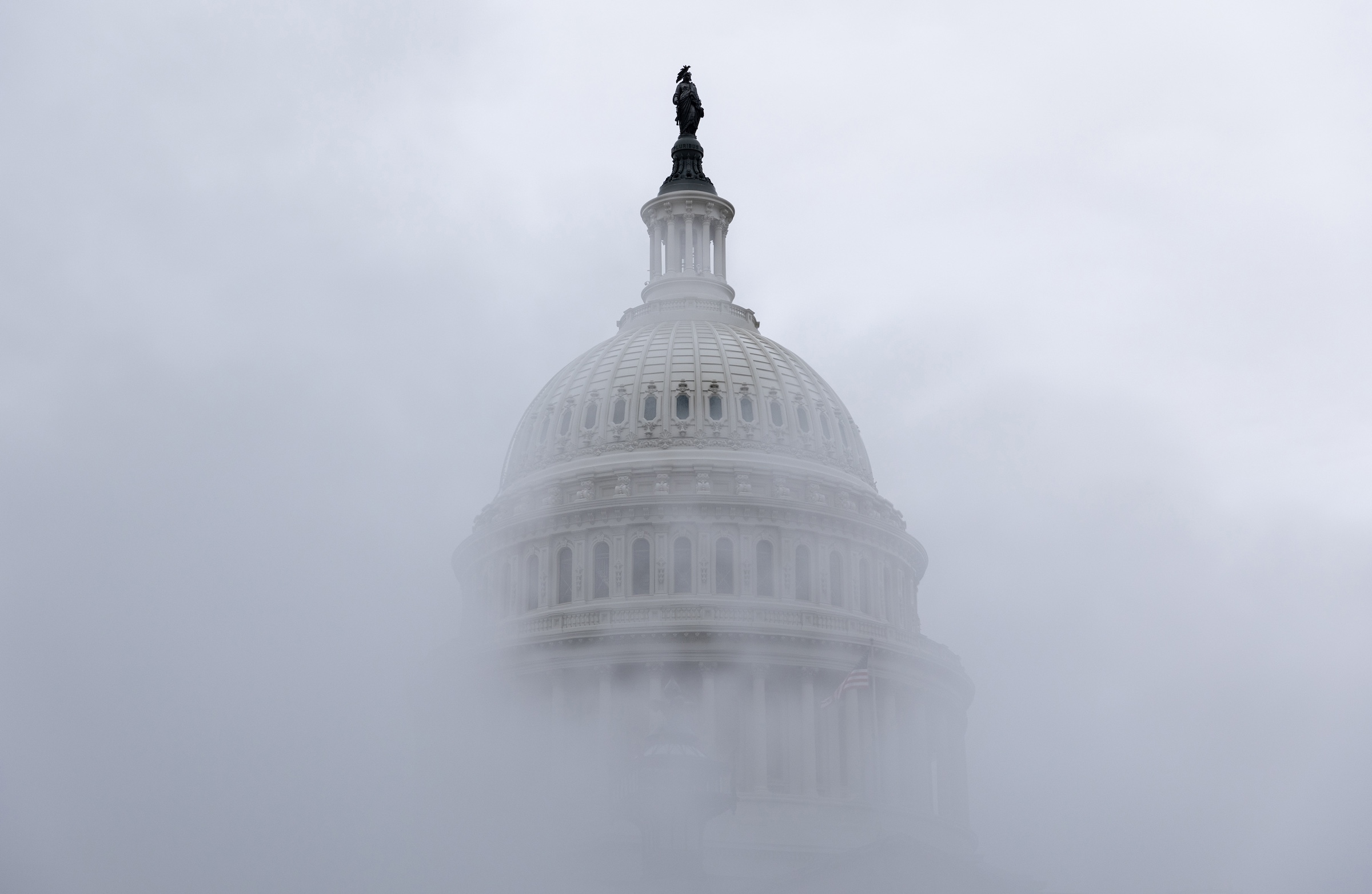The US Home of Representatives handed the controversial Cease Terror-Financing and Tax Penalties on American Hostages Act (H.R. 9495) this morning, November 21, after it was defeated in an preliminary vote final week. The invoice, which should cross within the Democrat-majority Senate to be signed into legislation, would give the chief department authority to strip nonprofits’ tax-exempt standing — together with arts organizations — if they’re discovered to “fund disruptive and criminality nationally and terrorism overseas.”
Civil rights organizations, activist teams, and nonprofits have raised alarms over the invoice, warning that the laws’s imprecise phrasing would grant President-elect Donald Trump unchecked energy to focus on pro-Palestine teams and perceived political enemies. After the invoice didn’t cross final week in a supermajority (two-thirds) vote, a markup listening to resurrected the laws onto the Home ground as soon as once more, this time with solely a easy majority requirement. In line with the American Civil Liberties Union (ACLU), 100,000 messages had been despatched to Congress members final week urging them to oppose the invoice.
Whereas 52 Democrats supported the invoice on its first cross on November 12, solely 15 voted in favor at the moment. The laws handed with 219 votes in favor and 184 opposed, with the vast majority of help coming from Republicans.
“It is a troubling flip of occasions, significantly for the humanities, the place nonprofit organizations are distinguished gamers within the type of museums, various artwork areas, galleries, and even some publications, to not point out establishments of upper schooling,” wrote Hyperallergic Editor-in-Chief Hrag Vartanian earlier this week.
If the invoice turns into legislation, nonprofits together with universities and media shops which can be discovered to “materially” help “disruptive and criminality nationally and terrorism overseas” might lose their 510(c) tax exemption, which many organizations depend on to remain financially afloat. The laws might additionally deter new nonprofits from forming.
In a joint assertion after the invoice was initially defeated final week, a coalition of Arab and Muslim affinity organizations characterised the legislation as “a transfer designed to sit back free speech and stifle advocacy on behalf of Palestinian human rights.”
“Such laws threatened the constitutional rights of American nonprofits, homes of worship, and advocacy organizations— no matter political orientation,” the group wrote.
The Home tax-writing physique often known as the Committee on Methods and Means, which devised the invoice, wrote in a description printed at the moment that the invoice’s perform was to terminate “the tax-exempt standing of American organizations discovered to be materially supporting designated terrorist teams, similar to Hamas” and to supply “honest tax therapy to Individuals held hostage or wrongfully detained overseas.”
The Home committee claimed it discovered proof that implies “a number of” tax-exempt teams had been utilizing their monetary designation to “gas antisemitic actions,” together with nonprofits offering cash to non-tax-exempt teams like College students for Justice in Palestine.
Reached for remark by Hyperallergic, the Affiliation of Artwork Museum Administrators, which has over 200 members in the US, Canada, and Mexico, shared a November 15 assertion issued partially by Unbiased Sector and the Nationwide Council of Nonprofits, organizations to which the museum group contributes.
“We strongly help stopping unhealthy actors from utilizing nonprofit organizations to fund terrorism,” the assertion reads. However the invoice “creates redundancies and confusion whereas offering the chief department with expansive new authority that may very well be abused,” it continues.
Hyperallergic has contacted Unbiased Curators Worldwide and the American Affiliation of Museums for remark.
On November 18, 300 nonprofits despatched a letter to Home Speaker Mike Johnson and Democratic Home Minority Chief Hakeem Jeffries warning that the invoice carries the chance of “discriminatory enforcement.”
“The chief department might use this authority to focus on its political opponents and use the concern of crippling authorized charges, the stigma of the designation, and donors fleeing controversy to stifle dissent and chill speech and advocacy,” the missive learn.





Leave a Reply